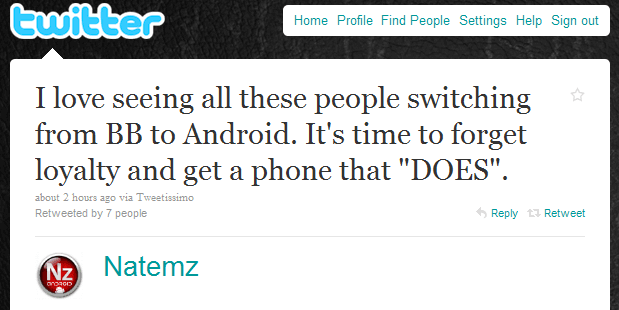When designing a loyalty program, have you ever wondered whether you should give customers 1 point for each dollar they spend and require 100 points for a free reward, or if it’s better to grant 10 points per dollar and require 1000 points for the reward? On the surface, these two setups require the exact same effort from consumers and should make no difference to the effectiveness of your program. But an article by Professor Rajesh Bagchi and graduate student Xingbo Li published in the Journal of Consumer Research says it’s not quite as straightforward as you may think. Which option is better depends on whether you have a straightforward single point structure or a mixed structure, and whether your focus is on encouraging low spenders or rewarding heavy buyers.

Photo by Flickr User twitchcraft | CC 2.0
Context
The authors conducted two lab experiments. The first experiment was based on a grocery store loyalty program and involved 246 undergraduate students. Various aspects of the loyalty program were manipulated, and the respondents reported how likely they would recommend the program to others and whether the program would increase their loyalty toward the store. In the second experiment, 375 student and non-student respondents made simulated purchases given a restaurant loyalty program. At the end of the simulation, they also reported their recommendation likelihood and perceived loyalty effect. Continue reading “1 Point Per Dollar or 100 Points Per Dollar?”
